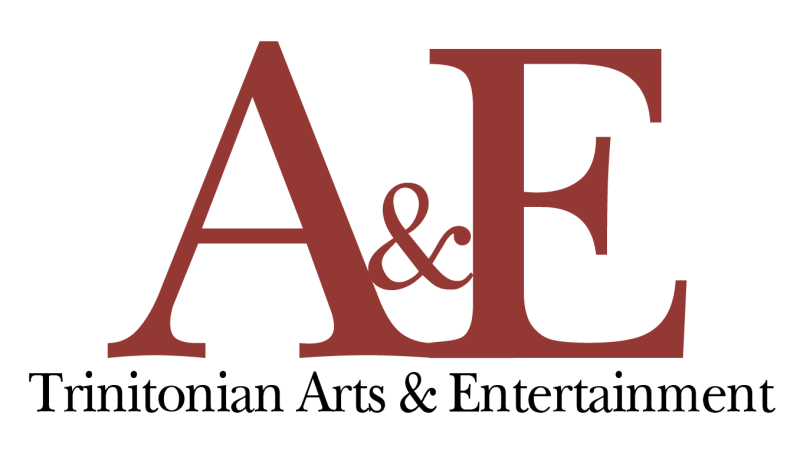Millennials are growing older and beginning to age out of their prime college years, making way for the next generation of young adults as they try to impress themselves on the world.
As an up and coming generation, we are just now getting to define ourselves, but other, somehow older people have beaten us to the name game. According to Wikipedia, people born somewhere in the middle of the 1990s all the way through the 2010s, also known as present day, are either members of “Generation Z”, “iGeneration” or “Homeland Generation,” or are “Post-Millennials.” I was unfamiliar with all of these names until I was prompted by my suitemates, mid-conversation, to find out how our age group would be documented in history, if at all. So naturally, I Googled it and quickly found my way to the top of a wonderful Wikipedia page.
At first, I didn’t understand some of the names, but I used my college-level thinking skills to figure out what they meant. I understood that “iGeneration” refers to the iPhone and its timely arrival in the world during the same time that the oldest in my generation were in middle school. I also figured the inspiring creativity behind “Post-Millennials” “” which happens to be the name the U.S. government brought to the table “” could only mean so many things.
Apparently, “Generation Z” first sprouted from a USA Today generation-naming-contest and became the most popular choice because it followed the alphabetical pattern the past couple generations used in addition to their mainstream names. The idea of the “Homeland Generation,” on the other hand, also comes from a contest that saw it win the highest favor of those who took part; it reflects the aftermath of 9/11 when “Americans may have felt [safer] staying at home.”
While I feel bad relying on a source like Wikipedia to learn about some of the names my generation has earned, which was slightly underwhelming, it was an adequate place to get a general sense of the thoughts people have on our generation. The multitude of sources on the page gave me a strong sense that the world doesn’t yet agree on a name to best fit my generation. But what does the name of a generation even matter to people? The importance undoubtedly varies from person to person, but it seems that when people think of age groups, naming each generation helps us form a general idea of what they are like. After all, the name of a generation is the first thing people will have to identify those people. Since the name remains a relatively malleable thing, the “who” behind the name is still undetermined too. My generation’s name could be determined by a renowned author or public official or celebrity or anybody, as past generations have demonstrated, but hopefully my generation can have a role in coining the actual term that identifies us.
I was thinking about suggesting one with hopes that it might catch on, but I’ve reasoned that my suite’s Mega-Awesome-Genius-Phenomenally-Talented-Best-at-Everything Generation idea doesn’t quite have the right kind of ring that a good name should have. Nevertheless, the name remains open to new ideas and therefore offering us, my generation, the chance to brand ourselves and demonstrate our creativity, state what we represent, and propose what we can we will do in the future.







